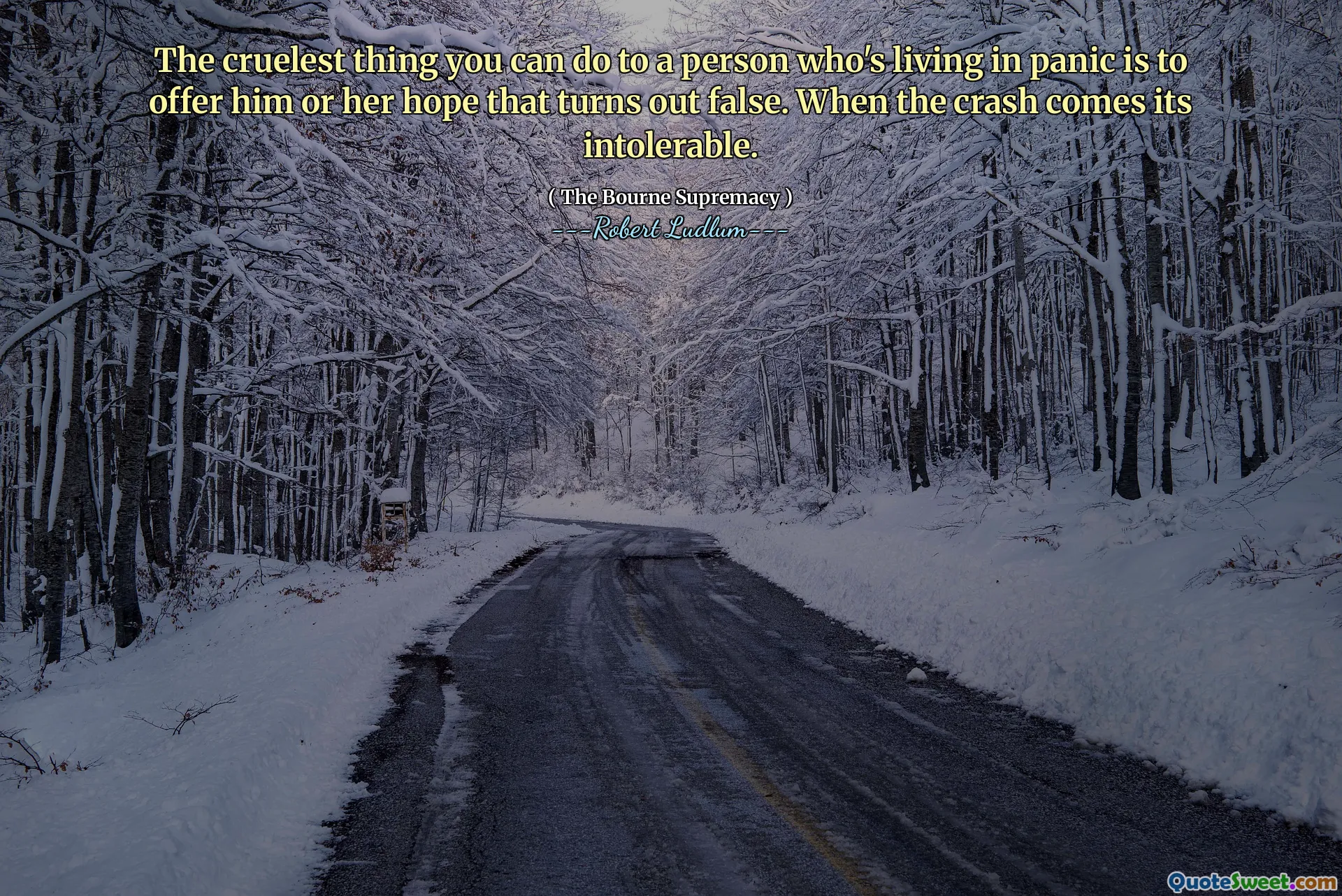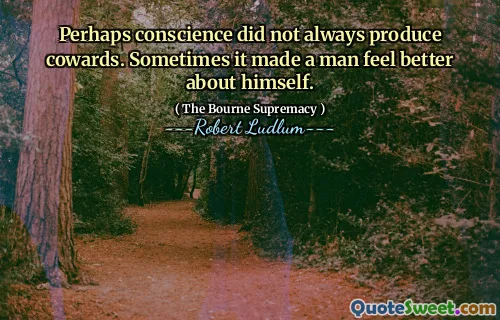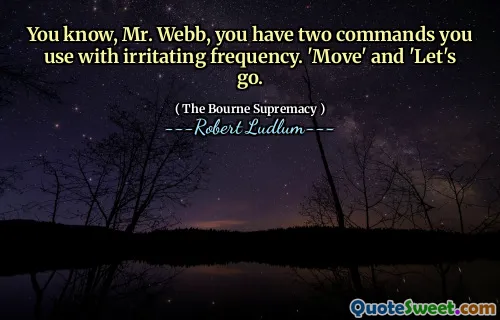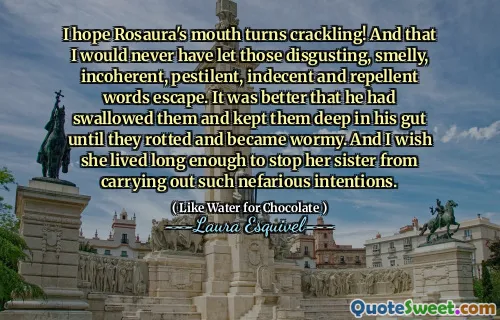
The cruelest thing you can do to a person who's living in panic is to offer him or her hope that turns out false. When the crash comes its intolerable.
The quote from Robert Ludlum's "The Bourne Supremacy" highlights the devastating impact of false hope on individuals already experiencing panic. Offering someone a glimmer of hope while knowing it may not materialize can lead to a deeper sense of despair when reality sets in. This emphasizes the fragility of a person's emotional state and the significant responsibility that comes with making promises or offering reassurance.
Ludlum underscores the cruelty inherent in raising someone's expectations only to let them down, particularly during their most vulnerable moments. The aftermath of such disillusionment is portrayed as unbearable, suggesting that it can compound existing fears and distress. Overall, the message serves as a cautionary reminder about the weight of our words and the dire consequences of misguided optimism.








